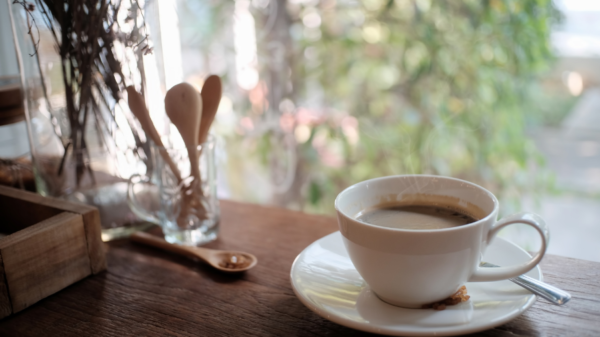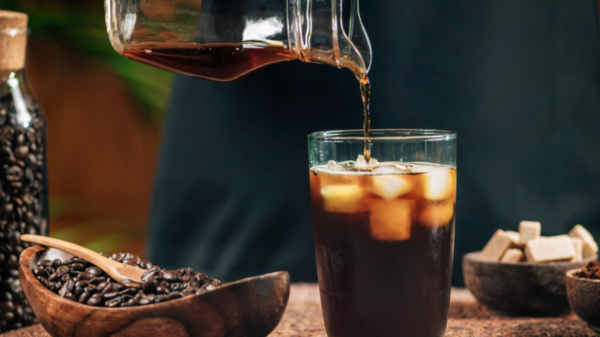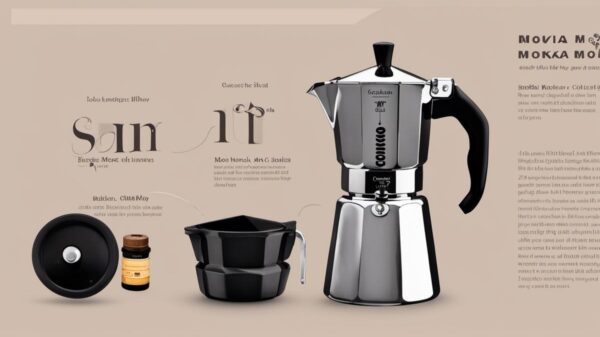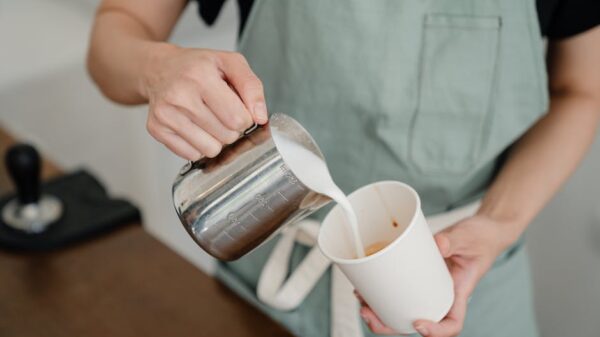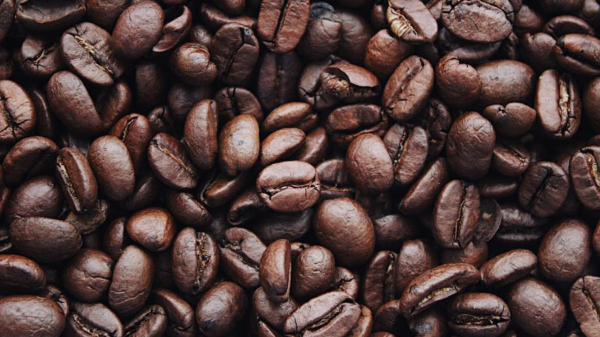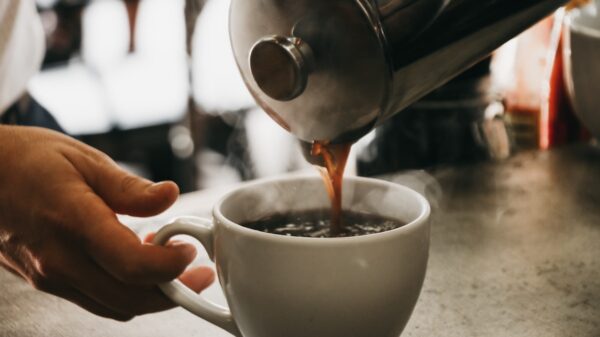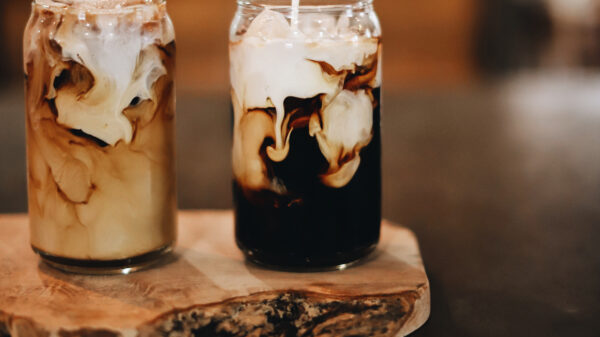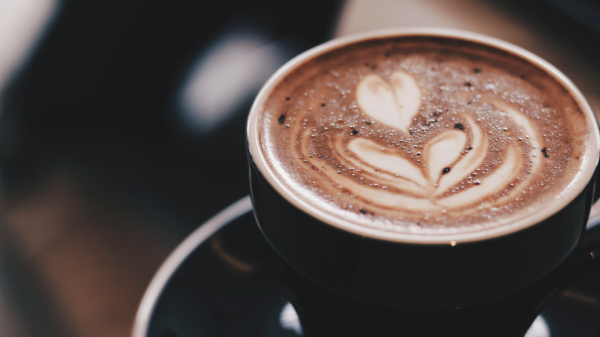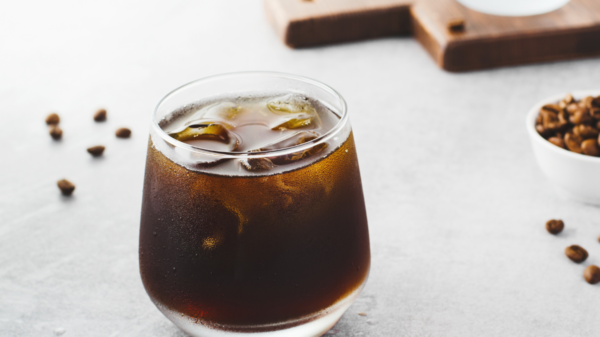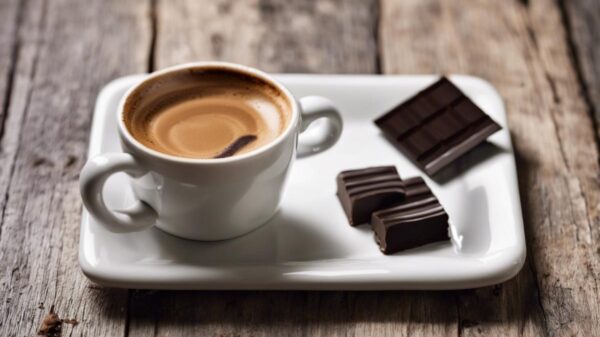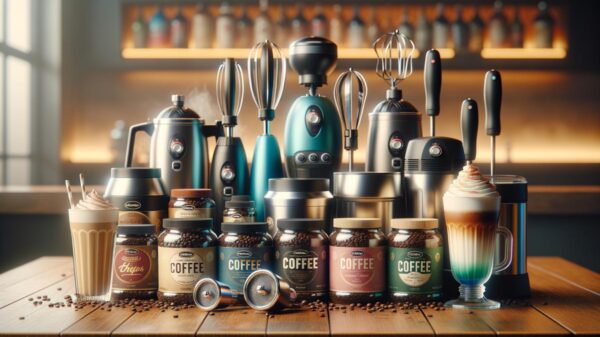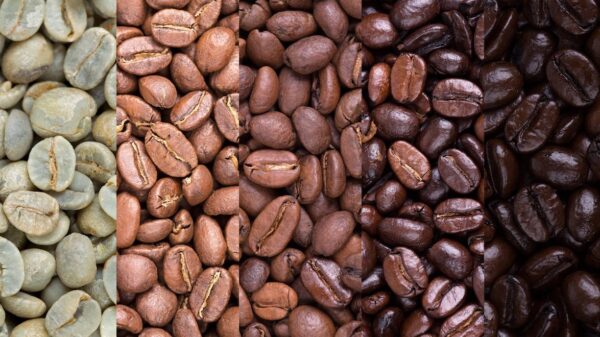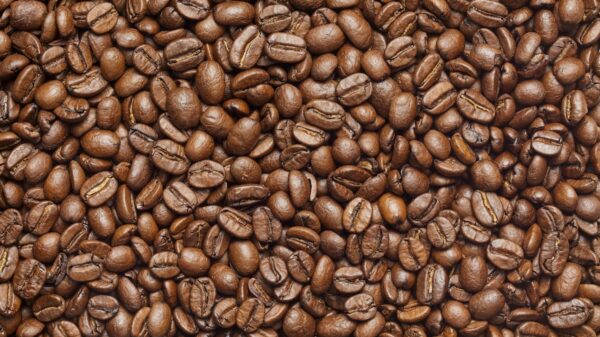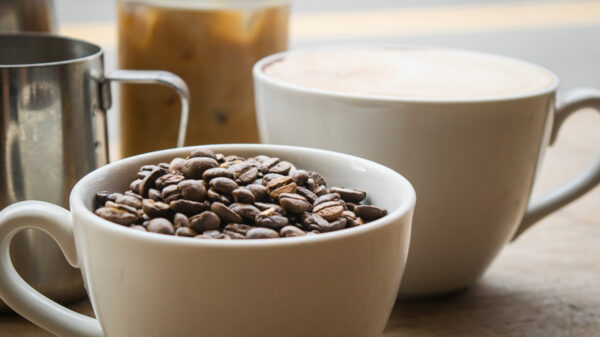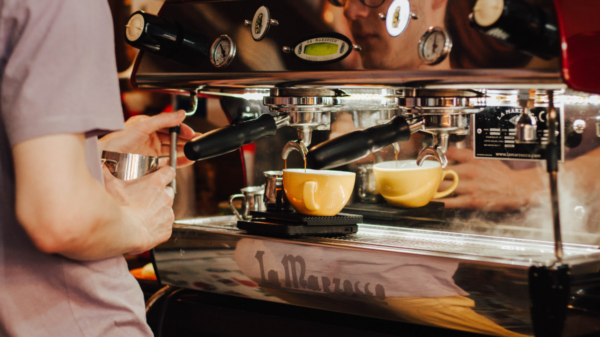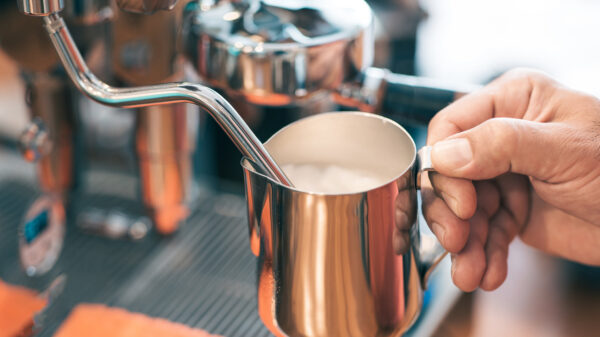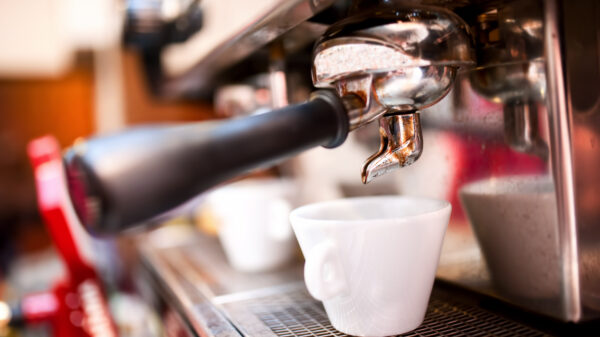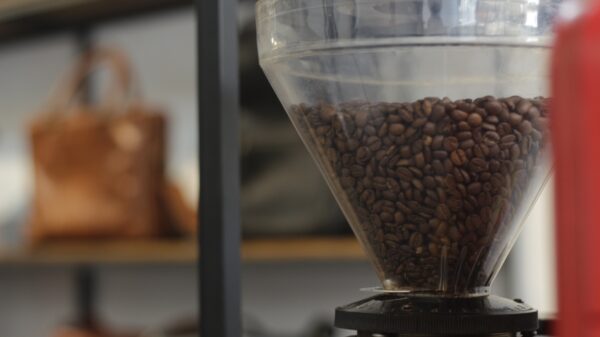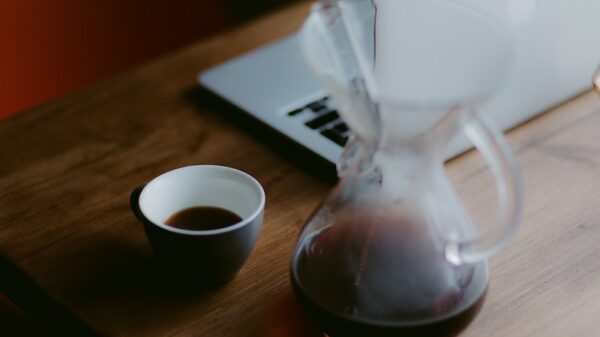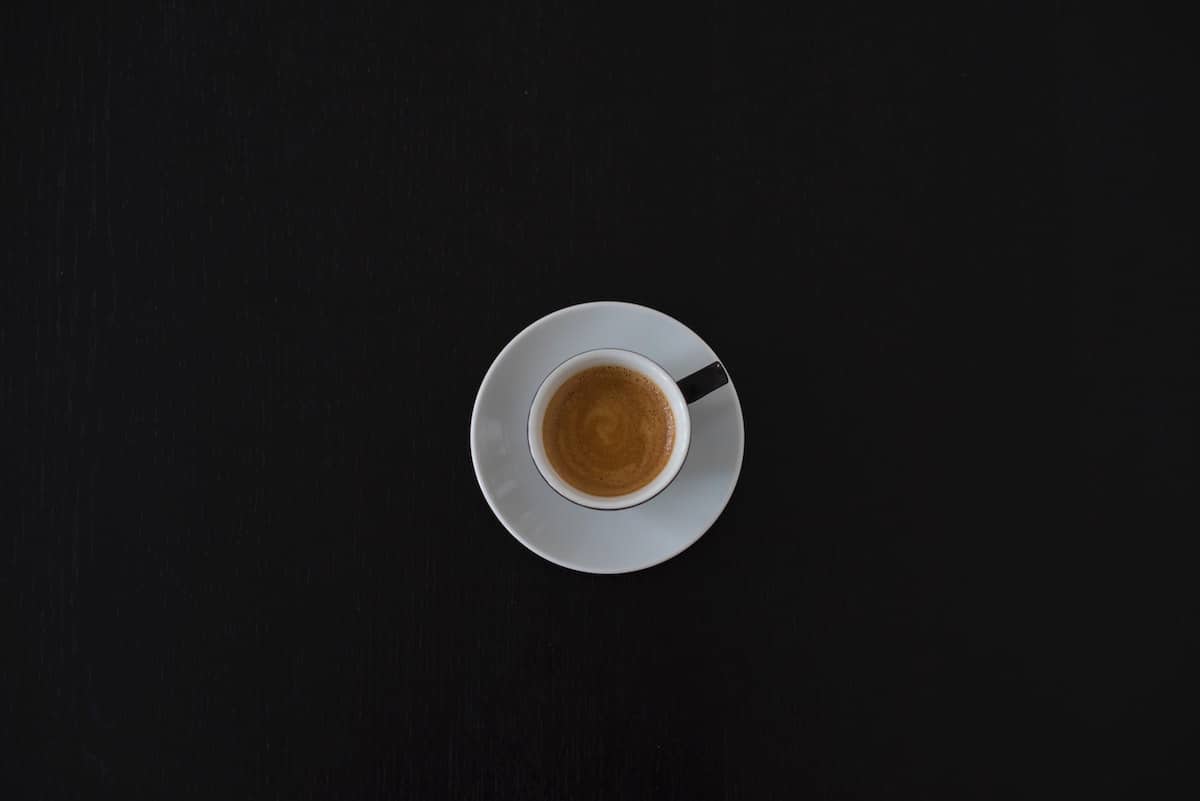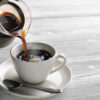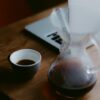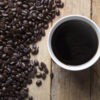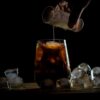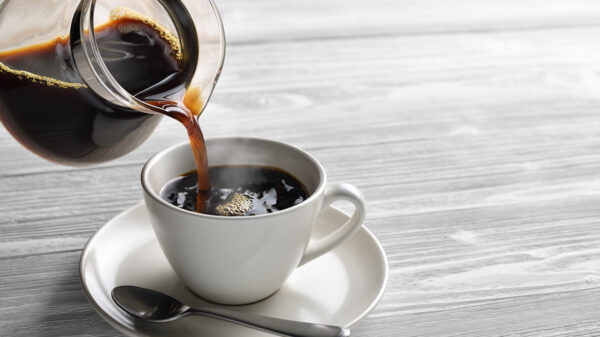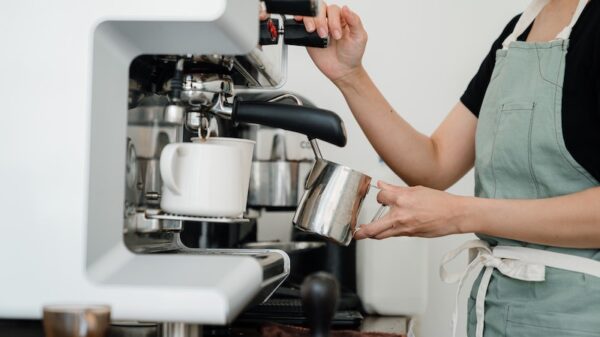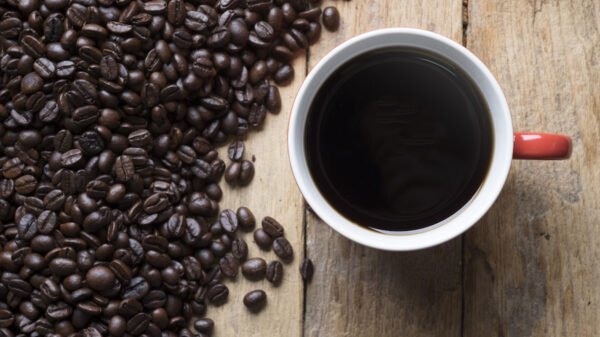Caffeine Content in Coffee vs Tea
When it comes to caffeine, there seems to be a lot of confusion about which drink has more of it – coffee or tea? It’s not surprising, since both drinks have such a long history and are enjoyed by so many people all over the world. Although there are many different varieties of both coffee and tea, some do have more caffeine than others.
So, does coffee have more caffeine than tea? In general, coffee does have more caffeine than tea. This is because the leaves of the Camellia sinensis plant (from which all true teas are made) only contain about 24-40 milligrams of caffeine per cup. Coffee beans, on the other hand, have anywhere from 50-150 milligrams. So, if you’re looking for a caffeine boost, coffee is the way to go.
However, some teas have just as much caffeine as coffee. For example, matcha green tea powder has about 35 milligrams of caffeine per cup – just slightly less than a cup of brewed coffee. And yerba mate tea has about 85 milligrams of caffeine, which is comparable to a cup of coffee from Starbucks.
When it comes to choosing between coffee and tea, it’s really up to personal preference! However, it is interesting to learn about how caffeine content can vary between these two drinks. So read on to learn more all about caffeine in coffee and tea.
Origins Of Caffeine
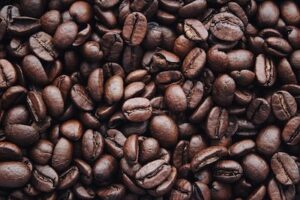 First, let’s explore the origins of caffeine. Caffeine is a naturally-occurring compound that can be found in over 60 plants, including coffee beans, tea leaves, cacao beans, and guarana berries.
First, let’s explore the origins of caffeine. Caffeine is a naturally-occurring compound that can be found in over 60 plants, including coffee beans, tea leaves, cacao beans, and guarana berries.
It’s also found in some insect larvae – like caterpillars!
Caffeine acts as a natural pesticide for these plants, deterring insects from eating them.
For humans, caffeine has a stimulating effect on the central nervous system, which is why it’s often consumed as a pick-me-up.
Coffee was first cultivated in Ethiopia over 1000 years ago, and tea originated in China over 2000 years ago. Since then, both of these drinks have become extremely popular all over the world.
How Caffeine Amount Is Calculated
Have you ever wondered how people even know how much caffeine a drink has? It’s not as complicated as you might think. Here’s the process of determining how much caffeine a cup of coffee or tea has:
- The amount of caffeine in a drink is calculated by taking the dry weight of the coffee beans or tea leaves used to make it.
- Then they multiply that number by the percentage of caffeine present in those beans or leaves.
For example, let’s say that 100 grams of coffee beans were used to make a cup of coffee. If those beans contain about 0.12% caffeine (which is pretty typical), then that cup of coffee would have about 12 milligrams of caffeine in it.
As you can see, the amount of caffeine in a cup of coffee or tea can vary quite a bit depending on the type of beans or leaves used, as well as how much of them are used.
Most Caffeine-Rich Coffee Drinks
Now that we know how the amount of caffeine is calculated, let’s take a look at some of the most caffeinated coffee drinks.
A typical cup of brewed coffee has about 95 milligrams of caffeine, while a cup of instant coffee has about 63 milligrams.
If you’re looking for an even bigger caffeine kick, you can try espresso. A single shot of espresso has about 40-80 milligrams of caffeine, depending on how long it’s been brewing.
And if you want to go all out, there’s always Death Wish Coffee. This coffee brand claims to have the world’s strongest coffee, with about 660 milligrams of caffeine in each 12-ounce cup. That’s about six times the amount of caffeine in a typical cup of coffee!
Most Caffeine-Rich Tea Drinks
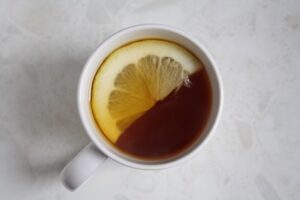 Of course, tea also has a wide range of caffeine levels.
Of course, tea also has a wide range of caffeine levels.
A cup of black tea typically has about 47 milligrams of caffeine, while a cup of green tea has about 29 milligrams.
If you want something even more caffeinated, try matcha green tea powder. Just one cup of this powder can have about 35 milligrams of caffeine.
And like coffee, some brands of tea boast high caffeine levels. For example, Zest Tea has about 155 milligrams of caffeine in each bag, while Rumble Super Tea has about 165 milligrams.
How Caffeine Amounts Effect Flavor
It’s important to remember that the caffeine content in a drink can also affect its flavor.
Coffees with higher amounts of caffeine often have a more bitter taste, while those with lower amounts of caffeine tend to be smoother.
The same is true for tea – teas with high levels of caffeine can be quite astringent, while those with lower levels of caffeine are usually sweeter.
So if you’re looking for a more intense flavor, you might want to choose a coffee or tea with higher levels of caffeine. But if you’re looking for something smoother, you’ll probably want to go for something with less caffeine.
The Effects Of High Caffeine Amounts
Now that we know how much caffeine is in coffee and tea, let’s talk about the effects of consuming too much caffeine. There have been countless studies done on caffeine consumption, and the verdict is usually the same – a little bit of caffeine is perfectly safe for most people.
However, consuming too much caffeine can lead to symptoms such as:
- anxiety
- restlessness
- insomnia
- headaches
- nervousness
- irritability
So if you’re sensitive to caffeine, it’s important to be aware of how much caffeine you’re consuming. And if you find that you’re experiencing any of the above symptoms, it might be a good idea to cut back on your caffeine intake.
The Benefits Of Caffeine
Now for the good news, there are some benefits to drinking caffeine through coffee or tea. As studies have shown, caffeine can improve mental alertness and reduce the risk of certain diseases.
But that’s not all – caffeine has also been shown to:
- increase physical endurance
- improve memory function
- protect against Alzheimer’s disease
- reduce the risk of Parkinson’s disease
So if you’re looking for a way to improve your health, drinking coffee or tea might be a good place to start. Just be sure to keep an eye on your caffeine intake, and don’t consume more than is recommended.
How Caffeine-Free Drinks Are Made
If you love the flavor of tea or coffee but don’t want the caffeine, you’re in luck! There are now several ways to enjoy these drinks without caffeine.
- One popular method is to decaffeinate coffee beans or tea leaves before they’re brewed. This process removes most of the caffeine from the beans or leaves, leaving behind a drink that still has all the flavor but much less of the caffeine.
- Another method is to brew coffee or tea using only a small amount of water. This concentrates the flavors but doesn’t extract as much caffeine from the beans or leaves.
- And finally, some brands now offer caffeine-free versions of their popular drinks. These are made using a variety of methods, but all of them result in a drink that tastes just like the original but doesn’t have any of the caffeine.
No matter which method you choose, you can now enjoy your favorite coffee or tea without having to worry about the effects of caffeine.
The Bottom Line
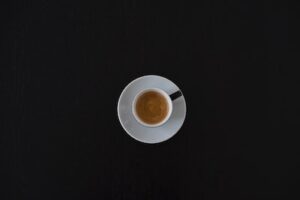 So does coffee have more caffeine than tea? It depends! The amount of caffeine in these drinks can vary quite a bit, depending on the type of coffee or tea, and how it’s brewed.
So does coffee have more caffeine than tea? It depends! The amount of caffeine in these drinks can vary quite a bit, depending on the type of coffee or tea, and how it’s brewed.
But in general, coffee tends to have more caffeine than tea. So if you’re looking for a caffeinated beverage, coffee is probably your best bet.
Just be sure to drink it in moderation, and don’t consume too much caffeine in a day.
What’s your favorite caffeinated beverage? Let us know in the comments below! Thank you for reading our article, we hope it was helpful!
Related Questions
How is the caffeine content in tea affected by steeping time?
The longer you steep tea, the more caffeine will be released into the water. However, if you steep it for too long, the tea will become bitter.
How does the type of coffee bean affect caffeine levels?
The type of coffee bean can have a big impact on the amount of caffeine in your cup of coffee. For example, Arabica beans typically have less caffeine than Robusta beans.
Is decaf coffee caffeine-free?
Decaf coffee is not completely caffeine-free. However, it typically has much less caffeine than regular coffee.
How does the roast level affect caffeine levels in coffee?
The darker the roast, the less caffeine the coffee will have. This is because the roasting process breaks down some of the caffeine molecules.
Which is healthier, coffee or tea?
Both coffee and tea can be part of a healthy diet. However, they do have different nutrients. For example, coffee is a good source of antioxidants, while tea contains flavonoids. So it depends on what nutrients you’re looking for.

